I was jolted by a friend’s short message last weekend. He had read ‘My message to Nigerian youths – Gene and Geography’. He decided that the article needed a response which he delivered in a rather scathing, rhetorical statement pregnant with meaning. Sadiq Abdullahi wrote from America: ‘I have read your piece today. Still it is not clear what you want us, the readers, to do. For me, the issue has always been ‘how’ not ‘what’. In other words, action should speak louder than voice. Very true.
For too long many of us sports analysts have directed our criticism at government, blaming all the failures in sports on the failure of governments to do the right things, appoint the right kind of leadership, and prioritise the sector for the benefit of the youths. We cannot continue to live in that unyielding bubble. We must explore outside the conventional box of government and seek other options. We must start to drink from the fountain of new ideas. That’s what Sadiq Abdullahi, former African Tennis champion, Olympian, adjunct professor in a university, all the way from his base in Miami, Florida, wanted me to tell us: the ‘how’ to make things happen. With the current state of Nigeria and the failures in virtually all sectors that are considered even more important than ‘mere’ sport, to continue to hope that anything would change soon through government involvement may be wishful and foolish. Successive governments at State and national levels have failed to see sport beyond its recreation content, and to appreciate its power sport to impact society greatly and become a major contributor to the economy to the country. It is unlikely that more criticisms will change those attitudes even now. So, rightly, we must seek other options.
So, Sadiq’s reaction is a reminder, another wake-up call to new thinking. It is important that I recall the story of another country, and how the work of one man changed the story of Jamaica for good in less than 3 decades. I believe we can look at that story and use it as a simple guide into new thinking outside an overburdened government. This is a short story of Dennis Johnson as told to me by my friend Ron Davis, with a little research I did on-line.
As was the practice at the time in the early 1960s, Dennis Johnson, a Jamaican, completed High school and went to San Jose State University, SJSU, in Alabama, USA, for a degree program. He was an athlete, a sprinter. Two years into the athletics program at SJSU under a White coach named Bud Winters, Dennis Johnson broke two world records in sprinting and became an international star. Along with other mostly Black athletes, the university, with its old dirt-track, became known as Speed City. Bud Winters had developed a unique training program that became legend. Under him some of America’s greatest all-time sprinters were birthed. In all, Bud Winters influenced the emergence of sprinters that dominated the world of sprints, including Tommie Smith, John Carlos and Lee Evans, all of them of the famous raised-fists at the 1968 Olympics. In all, Bud Winters coached 37 world–record breakers and 27 Olympic medalists training athletes at SJSU. He is acknowledged as the greatest sprints coach in history. Dennis Johnson saw all of this, and when he returned to his country, Jamaica, after graduating, he decided he would introduce the SJSU-style athletics program in Jamaica. He did not wait for government to adopt his program. According to another coach who was also at San Jose University at the time, Dennis just transferred everything he learnt at SJSU to Jamaica. Dennis found work as sporting director at the University of Technology in Kingston, Jamaica. He passed down Bud Winter’s training formula like a baton to coaches in the university including Stephen Francis who later handled Ashafa Powell, and Glen Mills who later handled Usain Bolt plus several other Jamaican sprinters of the current generation. The sprints revolution began within the campus of the University of Technology in Kingston. The university transformed into the highest performance centre for track athletes in Jamaica, producing a continuous stream of world-class athletes that transited Jamaica from an ordinary country with potential into the greatest sprinters’ country in the world in just over two decades in both male and female sprinting. The emergence of this array of sprinters boosted the country’s economy through sports, and reversed the trend of sending the best talents to America in order to hone their natural endowments for sprinting. The new generation of athletes brought global recognition to Jamaica and fueled the establishment of a domestic sports culture as well as the business of sports in that little less than 4 million population Black country. Go to any major and even minor track meet in the world today and feast your eyes on the Jamaican youths lighting up the tracks, making good money, and doing with the sprints what Kenyans and Ethiopians are doing to middle and long distance races around the world for their countries.
At the Beijing Olympics, of the country’s 57 athletes that represented Jamaica, 52 of them competed in track and field events. That speaks volumes about the state of sprinting in Jamaica. The magic potent were Bud Winters’ training techniques, philosophy and methodology. One writer wrote that Jamaica became saturated with the gospel of Winters’ training style. As a result, Jamaican athletes have won a total of 78 medals at the Olympics in their history, all but one medal were won in athletics, and all but three of those are in the individual and relay sprint events. In three short decades, Jamaica has truly become the sprints capital of the world. Before Dennis Johnson came back to Jamaica, the country did not incorporate sports into the academic curriculum of Jamaica’s colleges. So, most of the country’s ‘raw materials’ in athletics migrated abroad after leaving high school to train and get the best out of their sport. Some actually ended up running for other countries. That’s how Don Quarrie migrated to the USA; Donovan Bailey migrated to Canada, along with Ben Johnson; Linford Christie competed for England; 8-time Olympic medalist, Marlene Ottey, went to America but ended up competing in the evening of her career for Slovenia. There were others. They all needed the US educational program to drive their sports development and advancement. Dennis Johnson wanted young Jamaicans to have the college experience without leaving the Caribbean Islands. He found the answer through his experiences in SJSU under Bud Winters. Of course, Dennis Johnson’s ideas did not immediately take a foothold in Jamaica. Far from it. There were initial apprehension and resistance. But he managed to convince the President of the University of Technology in Kingston to accommodate his athletics program and to grant young athletes academic concessions to enable them combine the rigour of sports with their education. He borrowed a page from Bud Winters training manual for sprinters – Relax and win. Dennis relaxed and kept plugging at the project. The results are there for the whole world to see today. The huge migration of Jamaicans to America has reduced to a trickle and is now a choice only for some athletes. Track and field athletics have grown to become a national pastime, followed and supported religiously by all Jamaicans. Jamaican sprinters have become some of the hottest properties in the global sports industry. Here are a few more names of Jamaican female athletes to tickle your imagination– Sherry-Ann Fraser, Veronica Campbell Brown, Sandra Farmer-Patrick, Sandra Richards and so on. Check them out.
Dennis Johnson takes a lot of credit for the sports revolution in Jamaica. Through his pioneering effort of passing on a specific training program to coaches, making a well-established institution to accommodate athletes and give them an education, working hard with the few facilities on ground to train and to compete, attracting and impacting thousands of young gifted Jamaican athletes that come from the stock of Homo Sapiens in West Africa (from, indeed, Southern Nigeria) to try out on the tracks, Jamaican youths, male and female, now compete at the highest stages in sports bringing home the fame and fortune that go side by side with winning through sprinting! Except we choose to be blind, Dennis Johnson’s example has opened our eyes once again to the possibilities of a great future for Nigeria’s young boys and girls, naturally endowed with the same DNA of power, strength and speed. We must start to hone this natural resource here in Nigeria, and only market the final product to the rest of the world. Like Jamaica did, we can also do so.
Lee Evans, one of the disciples, products and beneficiaries of Bud Winters ‘gospel’ on sports, one who has, himself being handed the unofficial title of ‘best sprints trainer in the world’, is here amongst us. Sadiq Abdullahi, I wait for your hand to join with ours on the plough. Together we can walk our talk and lead young Nigerian athletes, through a domesticated education-driven sports development program to conquer the world and build a new culture and industry for sports in Nigeria.
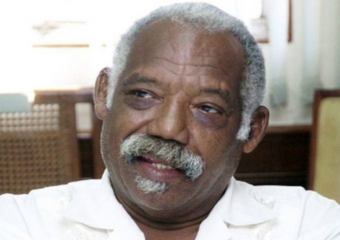
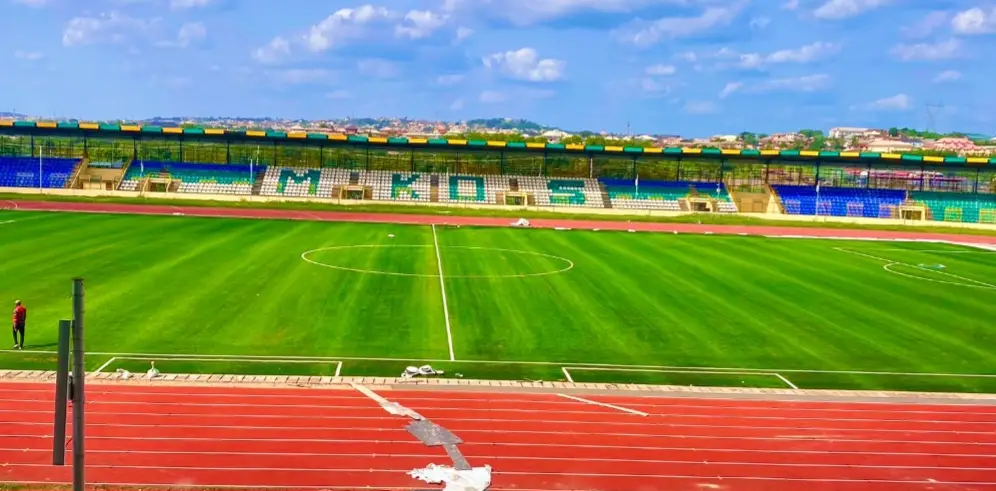
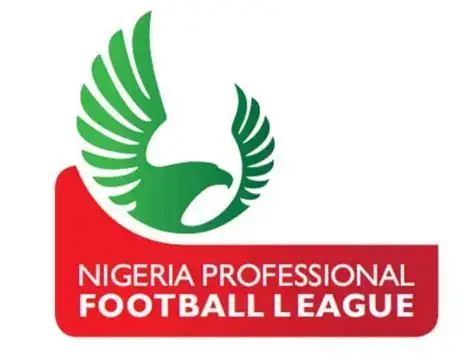

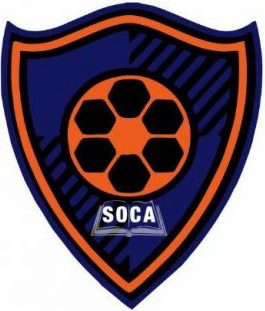
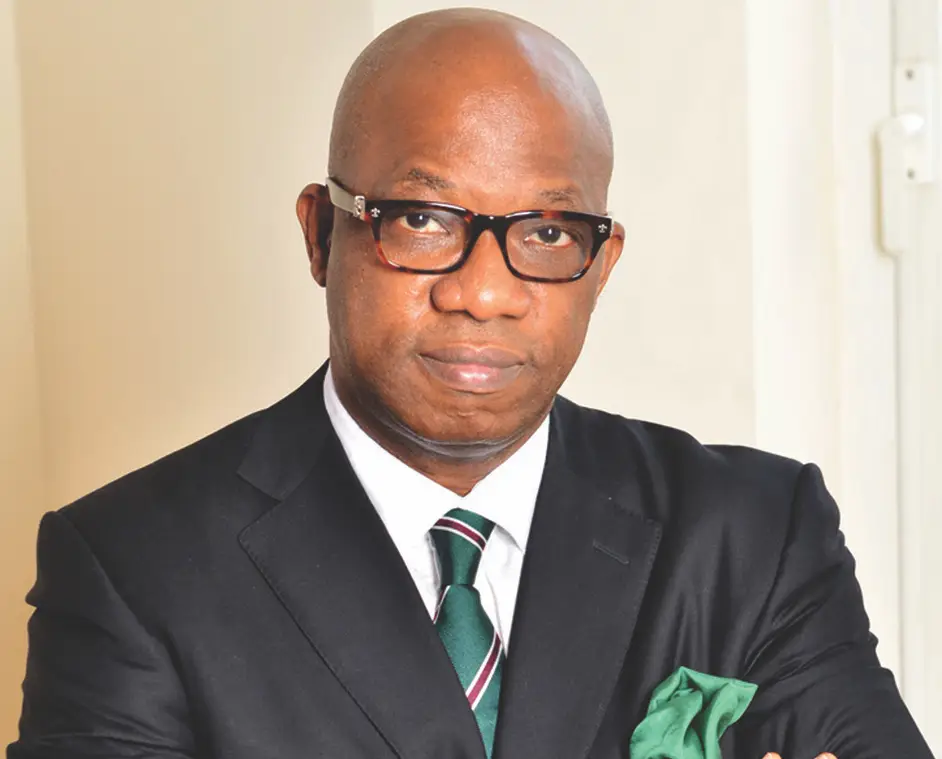



Latest Comments